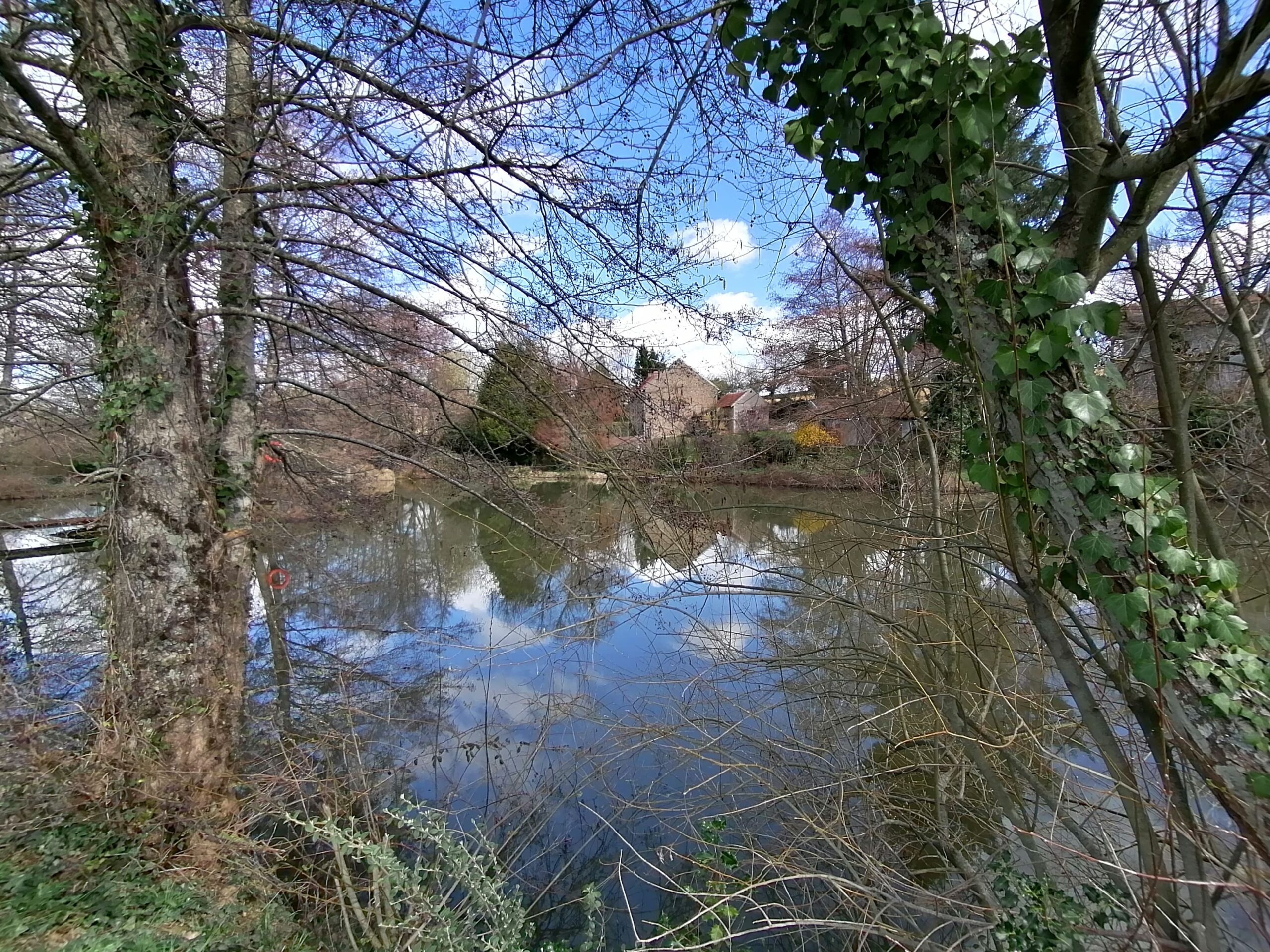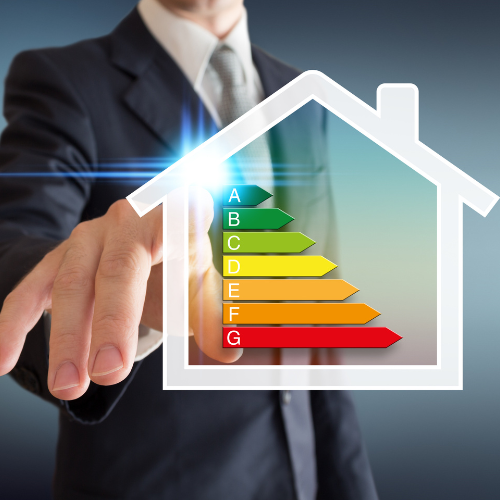
LAKE AND 195 M2 HOUSE + 2D HOUSE TO RENOVATE- NO OVERLOOKING VIEWS
PRICE : 175,000 € inc fees – 195 M2 detached house and lake on a plot of 8,201 m2+ 2d house to renovate + mobile home near the lake
The labyrinth of property acquisition in France is punctuated by a series of compulsory surveys, pivotal for both the buyer and the seller. These surveys serve as a testament to the property’s condition, outlining potential hazards and the integrity of its various systems. This article delves into the essence of these property purchase surveys in France, illustrating their importance and the comprehensive legal framework that mandates their execution.
Overview of Property Purchase Surveys in France
In France, property transactions are safeguarded by a set of obligatory surveys, designed to protect all parties involved. These surveys encompass a wide array of inspections, from energy efficiency assessments to the detection of potentially hazardous materials within the property.
Importance of Understanding Surveys for Potential Buyers
For potential buyers, grasping the scope and results of these surveys is fundamental. They not only reveal the property’s current condition but also forecast potential future investments and maintenance requirements. Understanding these aspects is crucial for making an informed purchasing decision.
Types of Compulsory Surveys in France
1. Diagnostic de Performance Énergétique (DPE): Energy Performance Certificate
This survey evaluates the energy consumption and carbon footprint of a property, assigning it a rating that helps prospective buyers understand the energy efficiency and potential heating costs.
2. Amiante: Asbestos Survey
Critical for health safety, this survey identifies the presence of asbestos in the property, which, if disturbed, can pose severe health risks.
3. Plomb: Lead Survey
This inspection searches for lead in paint and other parts of the property, which is especially important in older buildings where lead was commonly used in paints.
4. Termites: Wood-Destroying Insects Inspection
Termites and other wood-destroying insects can compromise the structural integrity of wooden elements in the property. This survey ensures the timber is free from such infestations.
5. Gaz: Gas Installation Survey
Assesses the safety and compliance of gas installations, crucial for preventing gas leaks and ensuring the safety of the inhabitants.
6. Électricité: Electrical Wiring Inspection
Evaluates the electrical installations and their compliance with safety standards to prevent electrical hazards.
7. Assainissement Non Collectif: Sewage System Evaluation
Examines the sewage systems for proper installation and functionality, essential for environmental health and safety.
8. Risques Naturels et Technologiques (ERNMT): Natural and Technological Risks Assessment
Identifies risks related to natural disasters and technological hazards in the property’s location, providing buyers with essential risk information.
The Legal Framework Surrounding Property Surveys
French Property Law: Mandatory Surveys and Their Legal Basis
The legal framework in France mandates these surveys to ensure transparency and safeguard the buyer’s interests, with specific laws outlining the requirements for each survey.
The surveys in the French Property Purchase Process
The surveys have to be added to the preliminary contract otherwise the sellers are breaking French law. They cannot be added after the signature of this legal document and if they are not already done by the time of the signature, both sellers and buyers will have to wait until they are done.
Why Are These Surveys Compulsory?
Protecting the Buyer’s Interests
These surveys serve to protect the buyer from unforeseen expenses and potential hazards, ensuring they are fully informed about the property’s condition.
Environmental and Health Safety Considerations
They assess environmental and health risks, ensuring the property is safe for habitation and environmentally compliant.
Structural Integrity and Long-Term Investment Security
Surveys like the termite inspection protect the buyer’s investment by ensuring the property’s structural integrity is not compromised.
How to Interpret Survey Reports
Understanding Technical Jargon and Ratings
Deciphering the technical language and ratings used in survey reports is essential for understanding the property’s condition and potential issues.
Red Flags to Watch Out For in Survey Reports
Identifying critical issues or “red flags” in survey reports can save potential buyers from making a risky investment.
The Impact of Survey Findings on Property Transactions
Negotiating Property Prices Based on Survey Results
Survey findings can significantly influence negotiations, with the potential to adjust property prices based on the costs of necessary repairs or upgrades.
Dealing with Negative Survey Outcomes
Negative survey outcomes can be a deal-breaker or an opportunity to renegotiate terms, depending on the severity of the issues identified.
Timing and Validity of Surveys
Ideal Timing for Conducting These Surveys
Understanding the optimal timing for conducting these surveys is crucial to ensure their relevance and accuracy during the transaction process.
Validity Periods for Each Type of Survey
Each survey has a specific validity period, after which they must be renewed to reflect the current condition of the property.
Choosing the Right Experts for Surveys and costs
Qualifications and Credentials of Surveyors
Selecting qualified and credentialed surveyors is essential for reliable and legally compliant survey reports. If you are a buyer you do not have to worry, surveys are chosen and paid by sellers only.
If you are selling your property you may choose one from this official website : https://diagnostiqueurs.din.developpement-durable.gouv.fr/index.action
Cost Implications of Property Surveys
Surveys are paid by sellers only. The price of surveys depends on the size of the house or flat being sold.

PRICE : 175,000 € inc fees – 195 M2 detached house and lake on a plot of 8,201 m2+ 2d house to renovate + mobile home near the lake

Compulsory surveys in France are essential, safeguarding property transactions by assessing conditions and risks. They protect buyers, ensuring informed decisions through a legal framework that mandates their execution, covering energy, safety, and environmental assessments.

inheritance rights in France. Be sure you are making the right choice.

useful words about inheritance

In France, this obligation for property sales came into effect on November 1, 2006, aligning with European Union Directive 2002/91/EC concerning the energy performance of buildings.